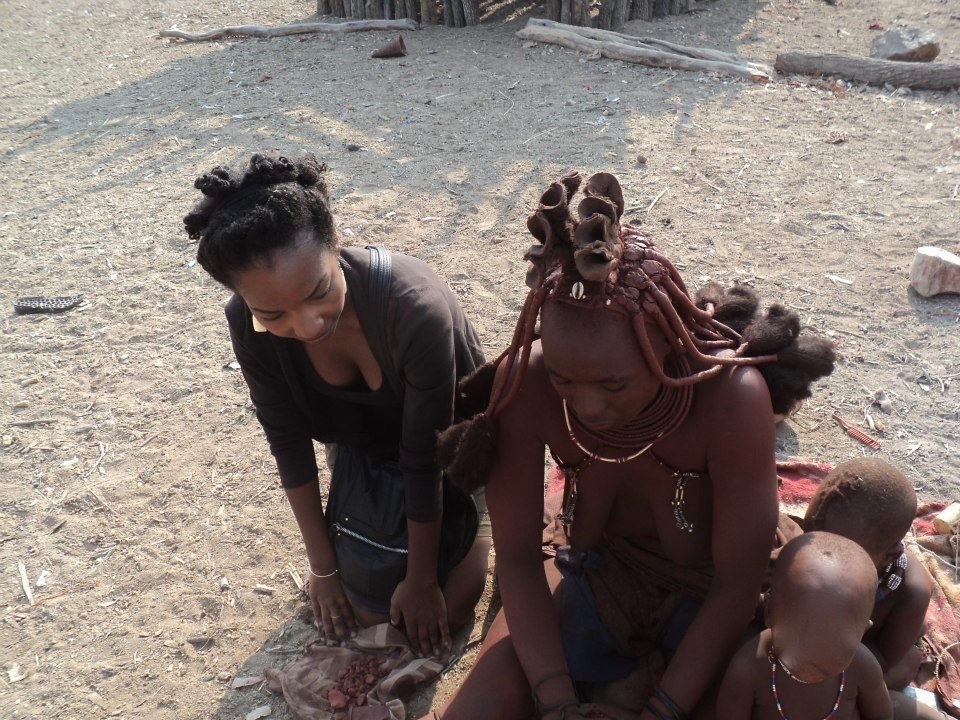Why Trace Your African Roots?
History and Heritage
Understanding your African roots offers a direct link to your historical and cultural heritage. This connection allows you to appreciate the traditions, languages, and customs passed down through generations. It helps you understand the struggles and triumphs of your ancestors, giving you a deeper appreciation for your ancestral past. By delving into your family’s history, you can uncover narratives from pre-colonial societies to the impacts of the transatlantic slave trade and colonialism. This knowledge not only enriches your personal understanding but also contributes to a broader appreciation of African history and its global impact.

A Sense of Identity
For many African descendants in the diaspora, identity can often feel fragmented or incomplete due to the historical disruptions caused by slavery and colonialism. Tracing your roots can help fill in the gaps of who you are and where you come from. This journey can affirm your identity and build a greater sense of self-awareness and pride in your heritage. Understanding the specific ethnic groups, regions, and cultural practices of your ancestors can help you reclaim aspects of your identity that may have been lost over generations. It also allows you to forge a personal connection to shared histories and experiences while celebrating the diversity of your lineage. This enriched sense of identity can be empowering, creating a deeper connection to your cultural roots.
Family Connections
Ancestral research can also strengthen family bonds. By discovering and documenting your family’s history, you can create a legacy for future generations. Sharing stories, photographs, and artifacts from your ancestry can expand family relationships and instill a sense of continuity and belonging among relatives. This process of exploration and discovery can bring family members closer together. Understanding your family’s past can also provide a sense of shared purpose and identity, uniting relatives around a common heritage and history. Documenting and preserving your family’s history ensures that valuable stories and traditions are not lost over time. This process creates a tangible link between the past, present, and future.

How to Trace Your Roots to Africa?
DNA Testing
DNA testing has revolutionized ancestral research by providing scientific evidence of your ancestry. Companies like 23andMe, AncestryDNA, and African Ancestry offer tests that can trace your genetic heritage back to specific regions and ethnic groups in Africa. These tests can reveal connections to contemporary African populations and provide insight into your ancestral lineage. DNA testing can confirm oral histories and ancestral research, providing a more complete picture of your ancestry. It can also identify previously unknown relatives and genetic connections, expanding your understanding of your family tree. When choosing a DNA testing service, consider their database size, the specificity of their African ancestry results, and privacy policies. Understanding your genetic heritage can provide a deeper connection to your roots.
Family Records
Begin your journey by gathering all available family records. This includes birth certificates, marriage licenses, death certificates, letters, photographs, and any other documents that provide information about your ancestors. Talk to older family members to collect oral histories and personal anecdotes that might not be documented. These stories can provide invaluable clues and context that are not found in official records. Documenting these oral histories can help preserve the knowledge and experiences of older generations. Organize and catalog these records to create a foundation for your research. Creating a family tree or genealogical chart can help visualize relationships and track your progress. This foundational work is essential for identifying key ancestors and connecting the dots between different branches of your family.
Visit Africa
If possible, traveling to Africa can be a transformative experience. Visiting the regions where your ancestors lived can deepen your connection to your roots. Engaging with local communities, exploring cultural sites, and participating in heritage tours can bring your family history to life in a meaningful way. Indulging yourself in the cultures and traditions of your ancestral regions can provide a deep sense of connection and understanding. Many countries in Africa offer heritage tours specifically designed for people of African descent seeking to explore their roots. These tours often include visits to historical sites, cultural performances, and opportunities to meet with local historians and community leaders. Traveling to Africa can provide a deeper and more personal connection to your ancestry.
Conclusion
Tracing your African roots is a deeply rewarding endeavor that can provide profound insights into your identity, heritage, and family history. Whether you are seeking to reconnect with lost traditions or build a stronger sense of identity, tracing your African roots is a meaningful and impactful pursuit.

